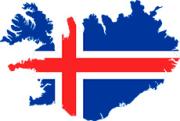Date: 22 May 2025
Time: 10:30 - 12:30
Presentations
10:30-11:00
Fridolin Müller Holm, Partner, Head of Industry, Viegand Maagøe A/S
11:00-11:30
Freja Mardal, Research Scientist, Arla Foods Ingredients P/S, Denmark
11:30-12:00
Carsten Juhl Jessen, Senior Director, Dairy Food & Ingredients, GEA Process Engineering A/S, Denmark
12:00-12:30
Hildur Inga Sveinsdóttir, Project Manager and Assistant Professor, University of Iceland
Abstracts

Experiences from a decade with integration of heat pumps in the dairy industry
Focus on decarbonisation of industry is a great opportunity and marked potential for implementing heat pumps. However, it comes with some challenges. Traditionally the Danish way-of-thinking, when it comes to energy efficiency by process integration, is to make the most heat-efficient system by introducing heat exchanger networks and buffer systems. Implementing a heat-pump will focus on the most electricity-efficient design. These two design optimizations focus does not always go hand in hand.For the last decade Fridolin Müller Holm, Viegand Maagøe, has been involved in several cases of energy efficiency based on implementing heat pumps in the dairy industry. The presentation will present and discuss the experiences and leanings from these specific cases. The cases illustrate that decarbonisation of the dairy industry is possible by implementing heat pumps, but also that there is no immediate quick fix, a need to challenge the solutions, and that boundaries are important to consider when integrating heat pumps into existing thermal energy supply systems.Some important boundaries are temperature and flexibility. Which temperatures are required, and can they be reached? Does the dairy industry need high-temperature heat pumps or is there still a potential for lower temperatures and thus a better COP? Will implementing heat pumps challenge or scrutinize the production flexibility? Will the solutions challenge or solve other challenges that the dairy industry is facing?For the last years Viegand Maagøe, TI and DTU have led the research project, SuPrHeat, founded by the Danish Government through the EUDP programme. SuPrHeat has developed a new method to efficiently integrate heat pumps into thermal systems and investigate how integration of high temperature solutions can be made. The presentation will give highlights and conclusions from the SuPrHeat project in the context of the dairy industry.
Fridolin Müller Holm, Partner, Head of Industry, Viegand Maagøe A/S

Cleaning of Membranes: Advancing towards optimized strategies through fouling insights
The efficiency and lifespan of membranes are significantly impacted by fouling over time, which can decrease filtration performance and increase operational costs. To mitigate fouling, processing parameters are often optimized, yet understanding the specific nature of fouling remains critical for enhancing cleaning protocols. Tailoring cleaning chemicals to address distinct types of fouling could lead to substantial improvements and water savings, although current cleaning procedures largely rely on empirical knowledge. In this study, the filtration process has been downscaled, specifically focusing on the separation of casein and whey, to closely examine fouling characteristics on microfiltration membranes. This approach enabled us to gain detailed insights into the fouling mechanisms at a laboratory scale, providing valuable data that can inform and refine cleaning strategies. For comparative analysis, we collected filtration performance data and membrane samples from membranes of different ages. During this presentation, the methodologies employed to conduct fouling studies at the laboratory scale in industrial relevant settings will be discussed. These findings not only help in optimizing cleaning protocols in collaboration with cleaning suppliers but also offer a deeper mechanistic understanding of fouling development on our membranes. By bridging the gap between laboratory findings and industrial applications, this research contributes to advancing sustainable process technology in membrane cleaning. Ultimately, it aims to foster collaboration with cleaning suppliers to reduce resource consumption, extend membrane lifespan, and improve the overall efficiency of membrane applications. Unfortunately, we do not have permission to share this presentation
Freja Mardal, Research Scientist, Arla Foods Ingredients P/S, Denmark
Membrane filtration
Fouling
Dairy processing

Path to net-zero by 2040: Decarbonizing the dairy industry
Sustainability is key to the future of the dairy industry and is a top priority at GEA. GEA is committed to climate action and technology leadership. Every day the company is taking concrete steps, applying the power of innovation to enable their customers to make progress towards a more sustainable future. “Engineering for a better world” is the essence of what the company set out to achieve. The biggest challenge and opportunity are emissions generated by energy intensive processes widely used in the dairy industry. GEA changes the approach in these energy intensive processes. Through innovations and smart integration of technologies, they aim to create more efficient and validated solutions. Ultimately this supports GEA’s climate strategy commitments to Net Zero 2040 and rewards forward-thinking dairy processors with significant contributions to meet their climate commitments.The aim of this session is to present technological innovations that are validated and ready to implement which significantly reduce energy consumption and CO2 emissions by50% or more. This will support the endeavors of the dairy industry to stay relevant and operate responsibly in a sustainable way.
Carsten Juhl Jessen, Senior Director, Dairy Food & Ingredients, GEA Process Engineering A/S, Denmark
Dairy Powders & Ingredients, Infant Formula and Food Ingredients Powders
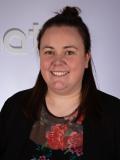
Value in water from other industries
In the Nordic countries, water is often viewed as a never-ending resource. When it comes to the view of the fish processing industry, especially in Iceland, it is no exception. In the water, a variety of compounds are found, accounting for approximately 2-4% of the total catch, and this material is diluted in the sea of water used in the facilities. The seafood industry has worked tirelessly on the valorisation of the various large side streams, e.g. heads, viscera, and skin, and that work continues. However, the potential for utilisation of smaller streams, such as those from the processing water, is also in the spotlight, both with the aim of increasing the value of the catch and hopefully lowering the environmental impact of the industry. Various challenges are identified when it comes to utilisation of the materials, e.g. its collection which requires some redesign of processes to ensure hygienic practices. Evaluating the potential of these streams is one of the aims of the project Accelwater. This is an H2020 funded project aiming to decrease freshwater use and increase valorisation of side streams in the food industry, specifically in the tomato, fish, dairy and meat processing industries, as well as in a brewery and land-based aquaculture. The presentation will focus on presenting results from the Accelwater project, focusing on the fish industry, aiming to inspire further adaptation in other sectors and industries Unfortunately, we do not have permission to share this presentation
Hildur Inga Sveinsdóttir, Project Manager and Assistant Professor, University of Iceland
Quality and processing of seafood and valorisation of side streams from seafood industry
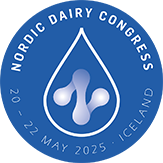






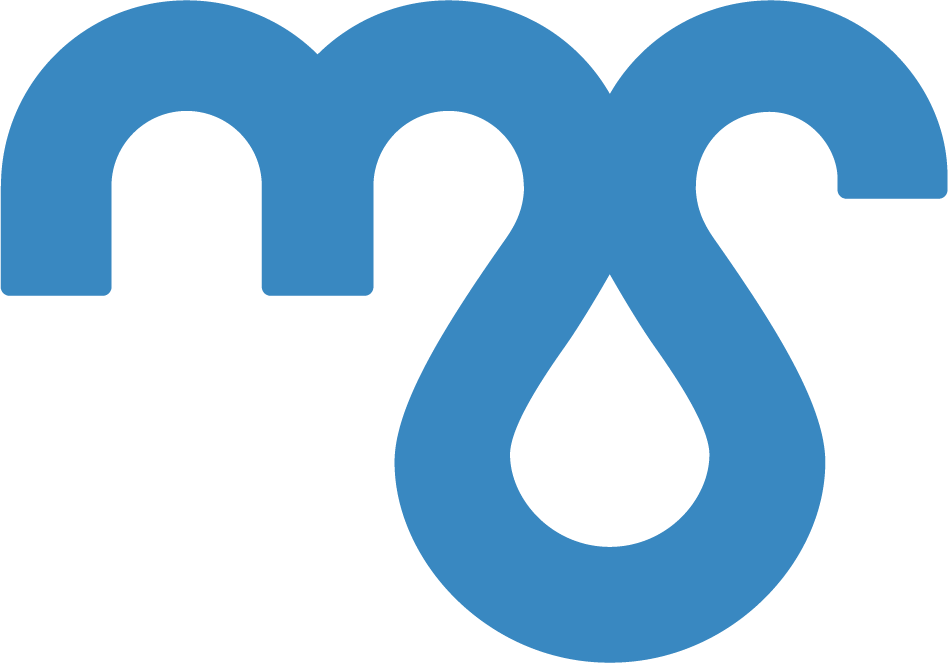
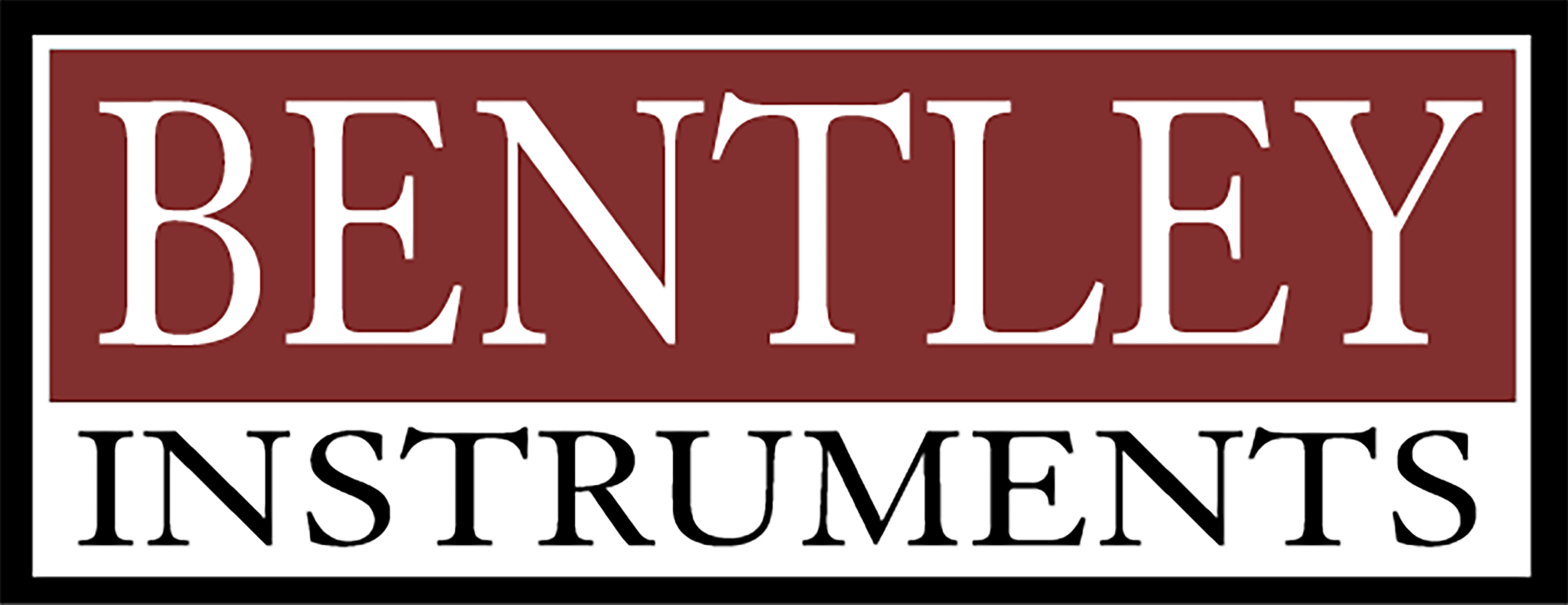
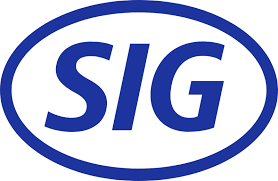
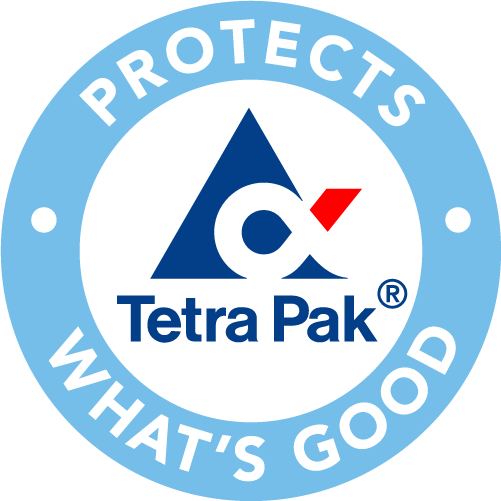


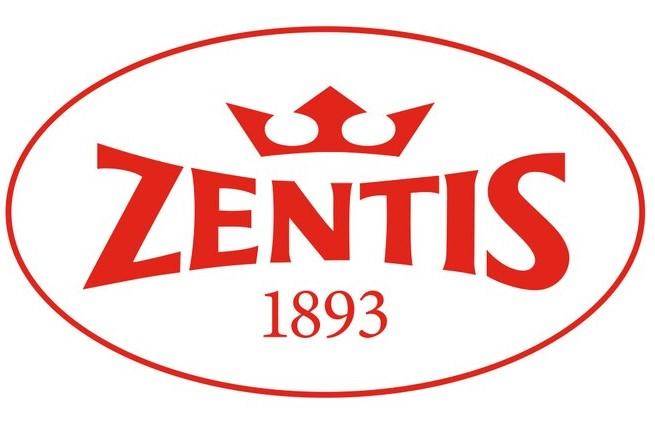
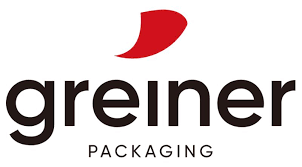
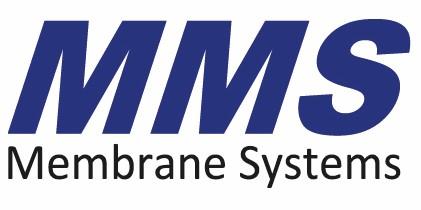


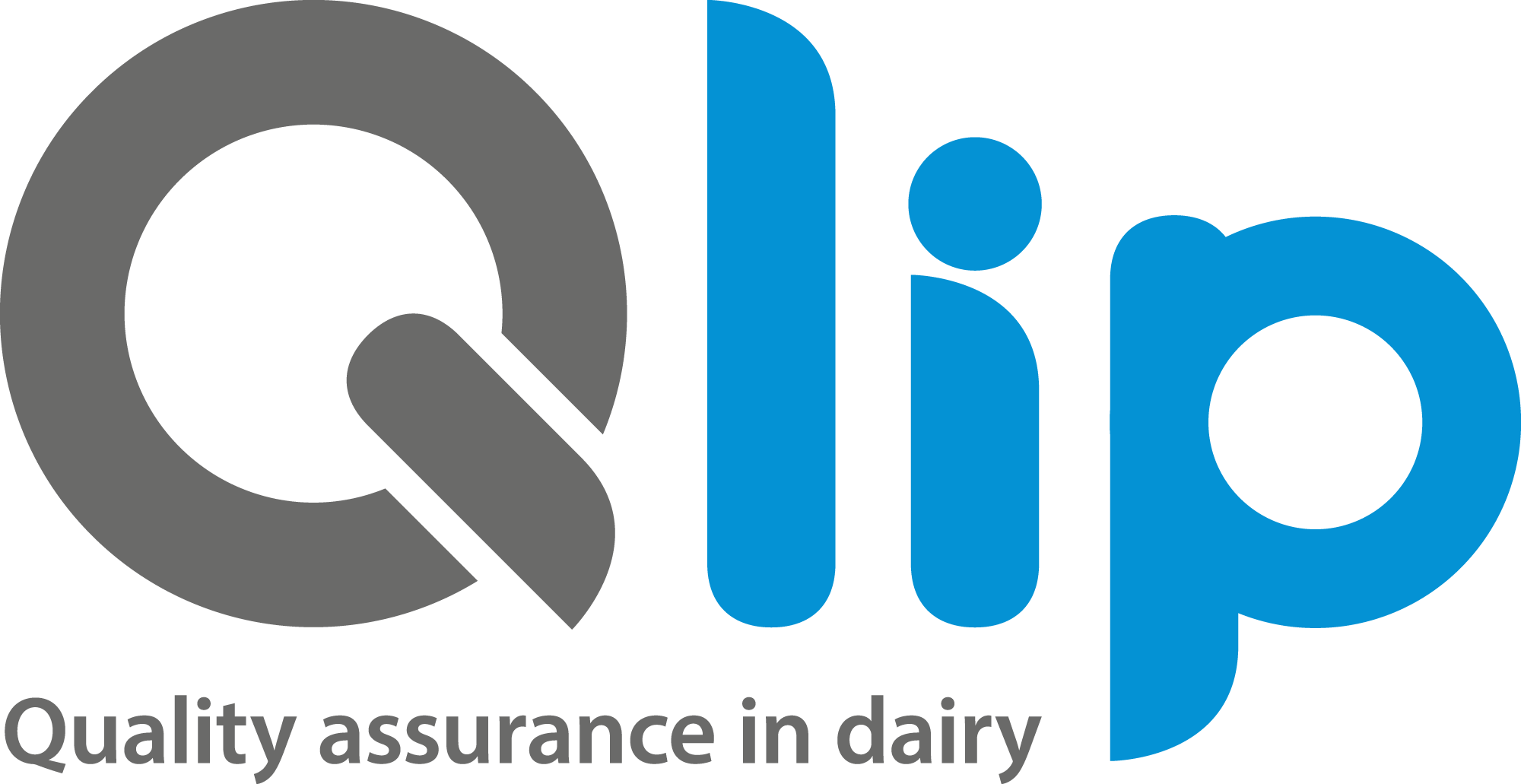
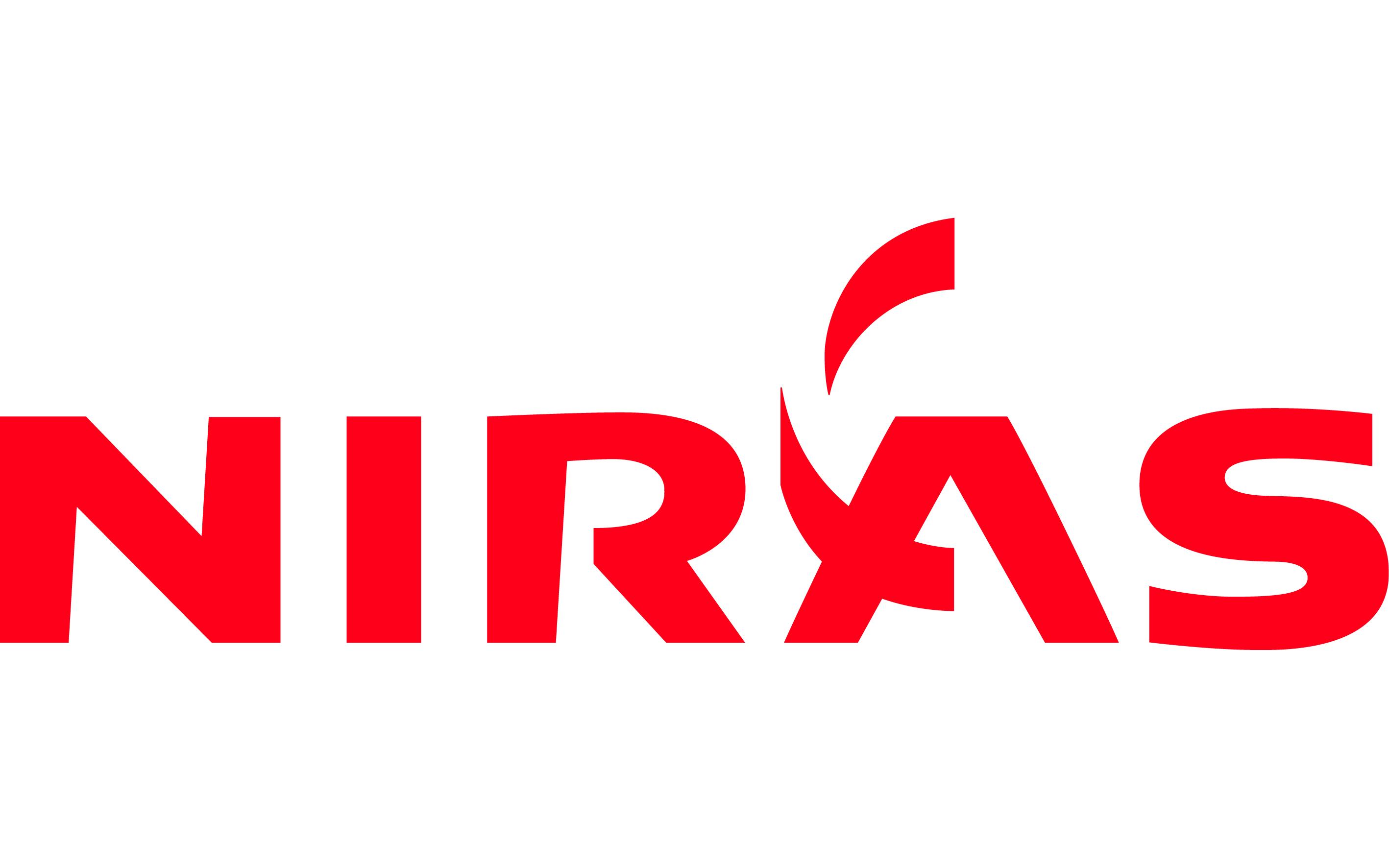
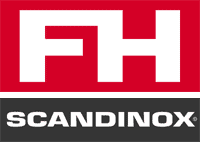

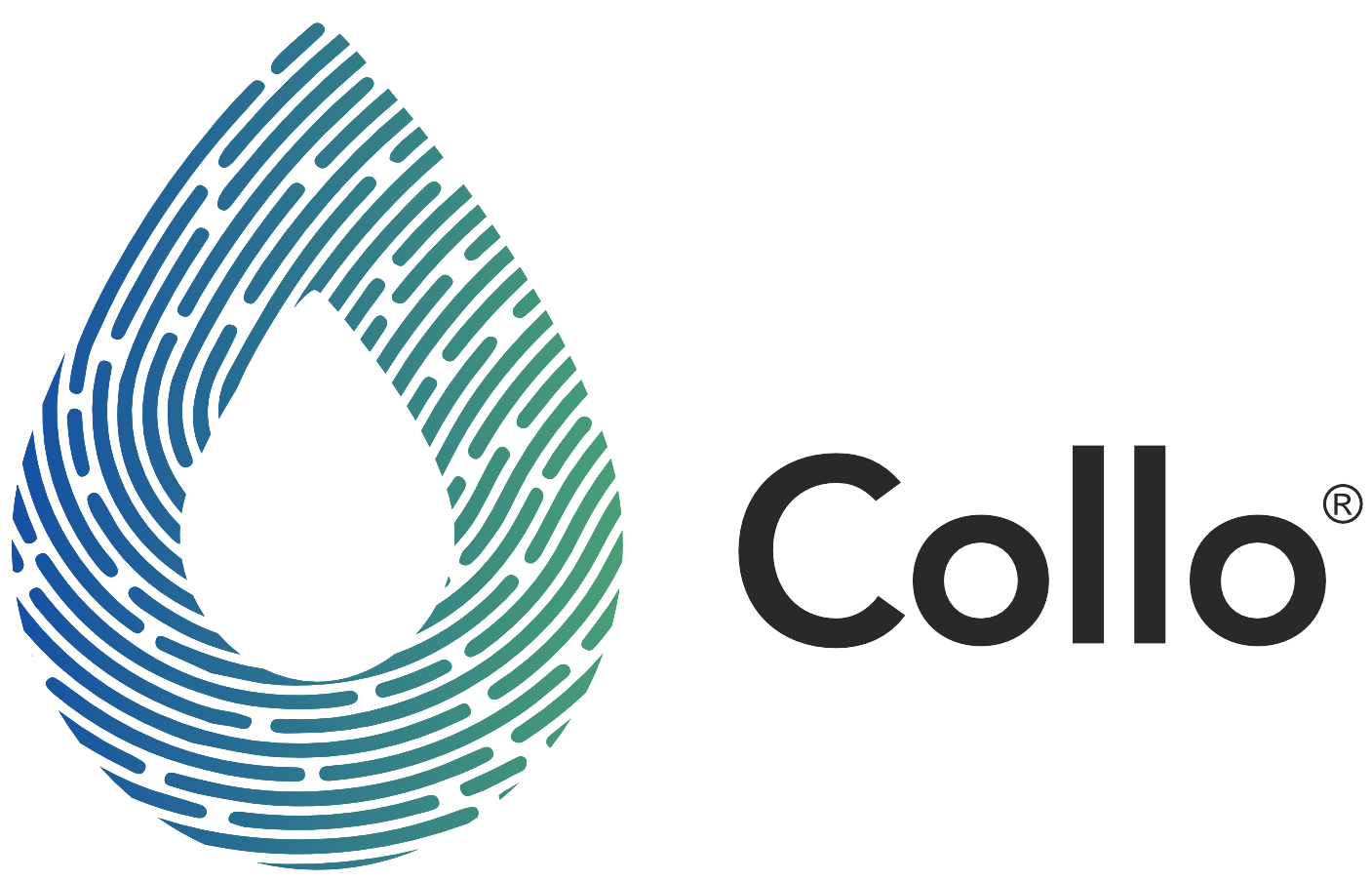
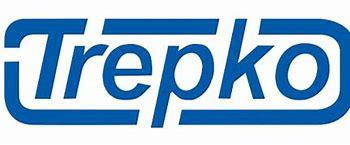




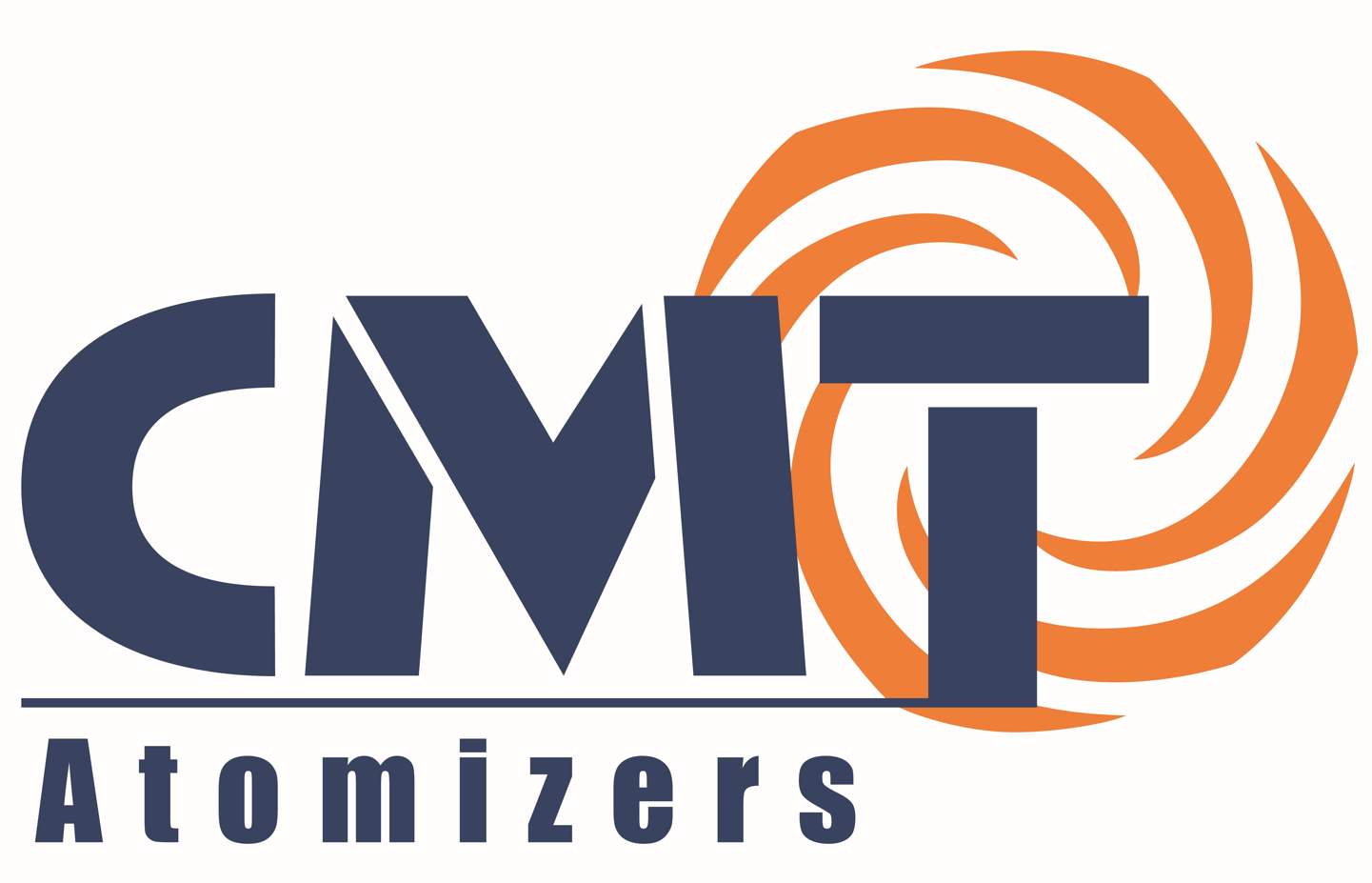
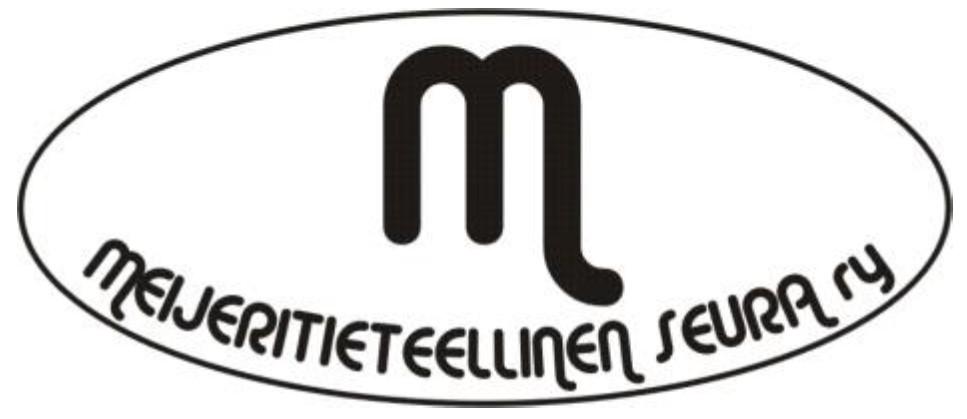
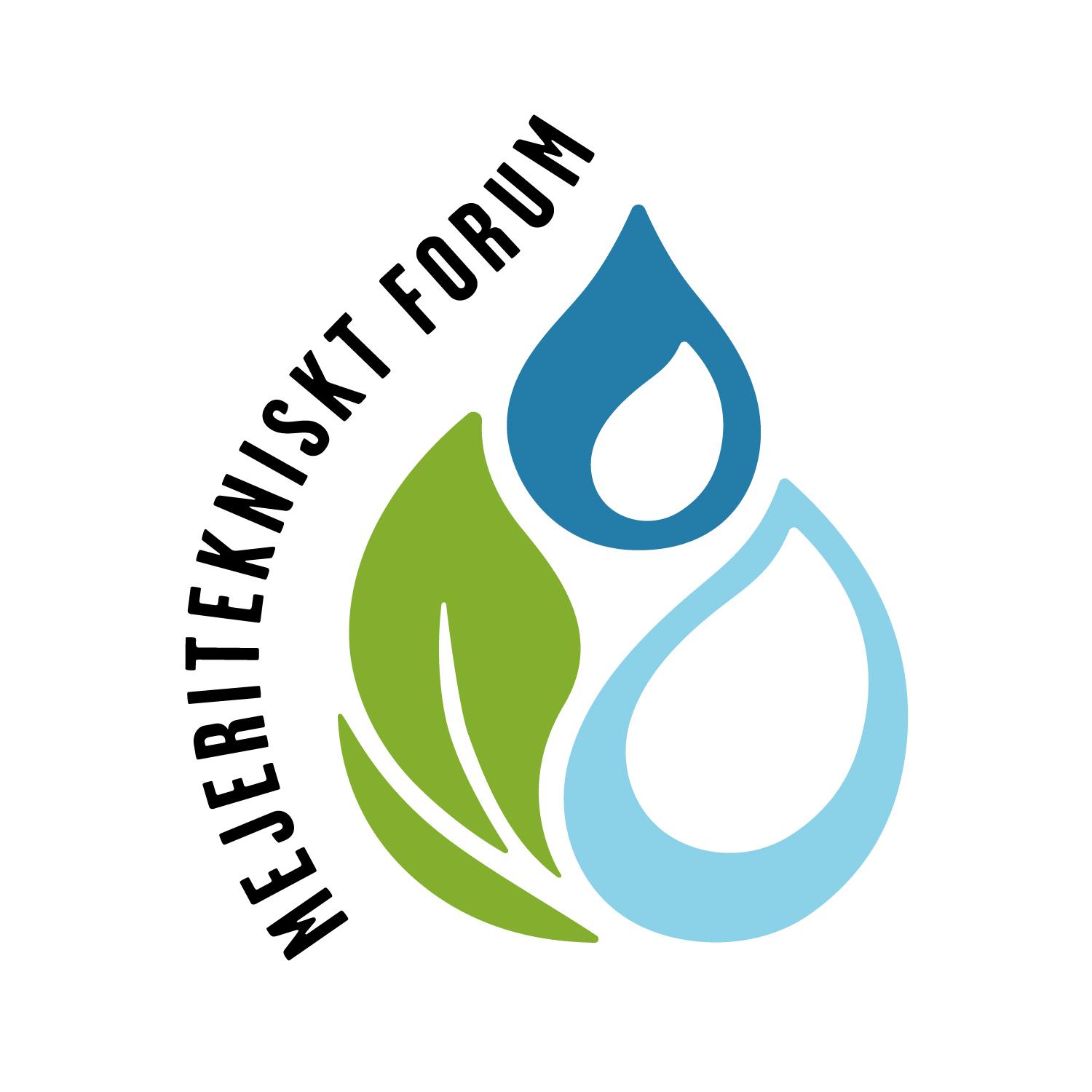
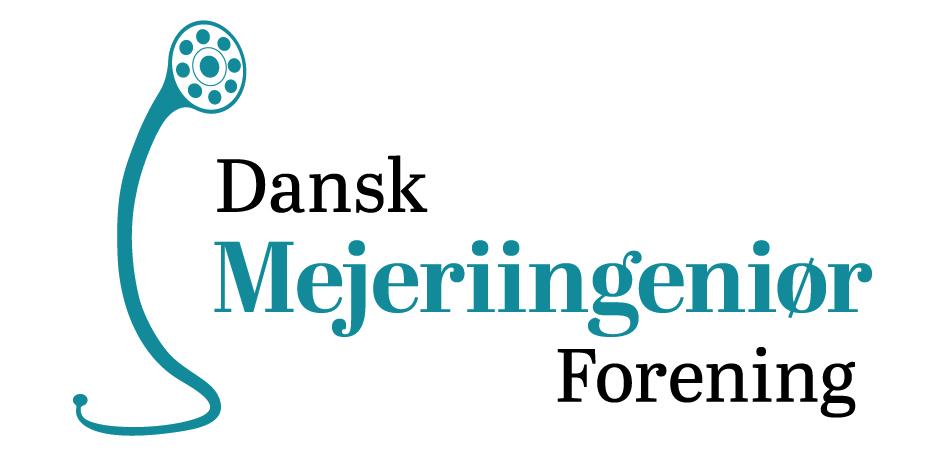
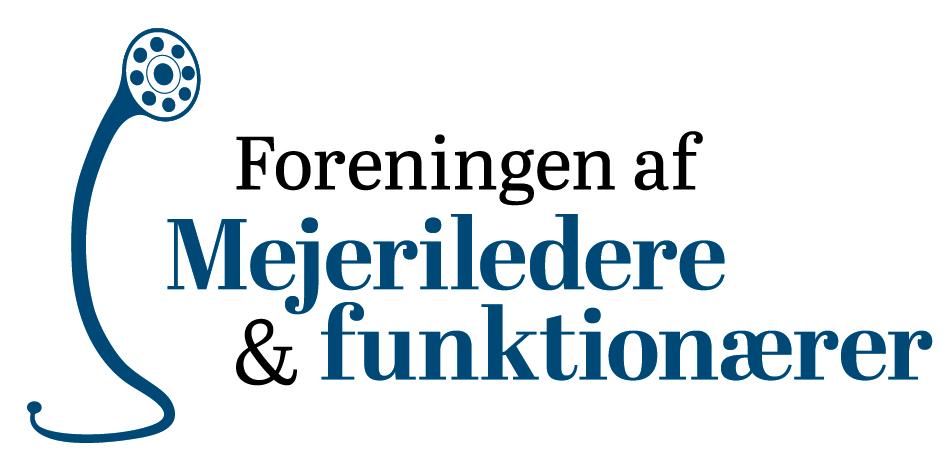



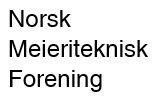
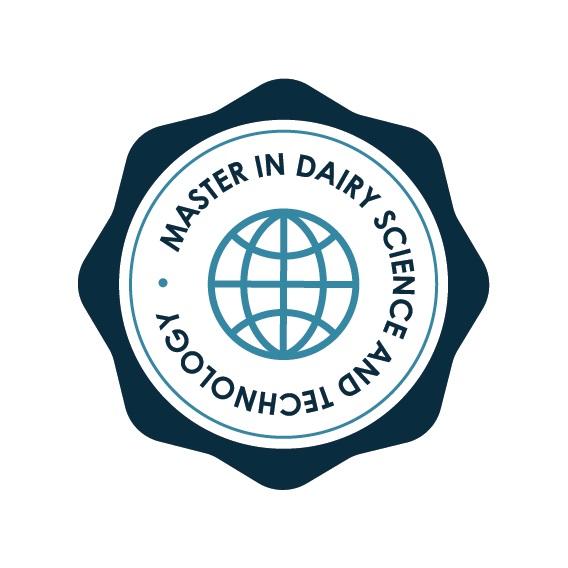
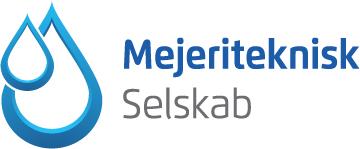

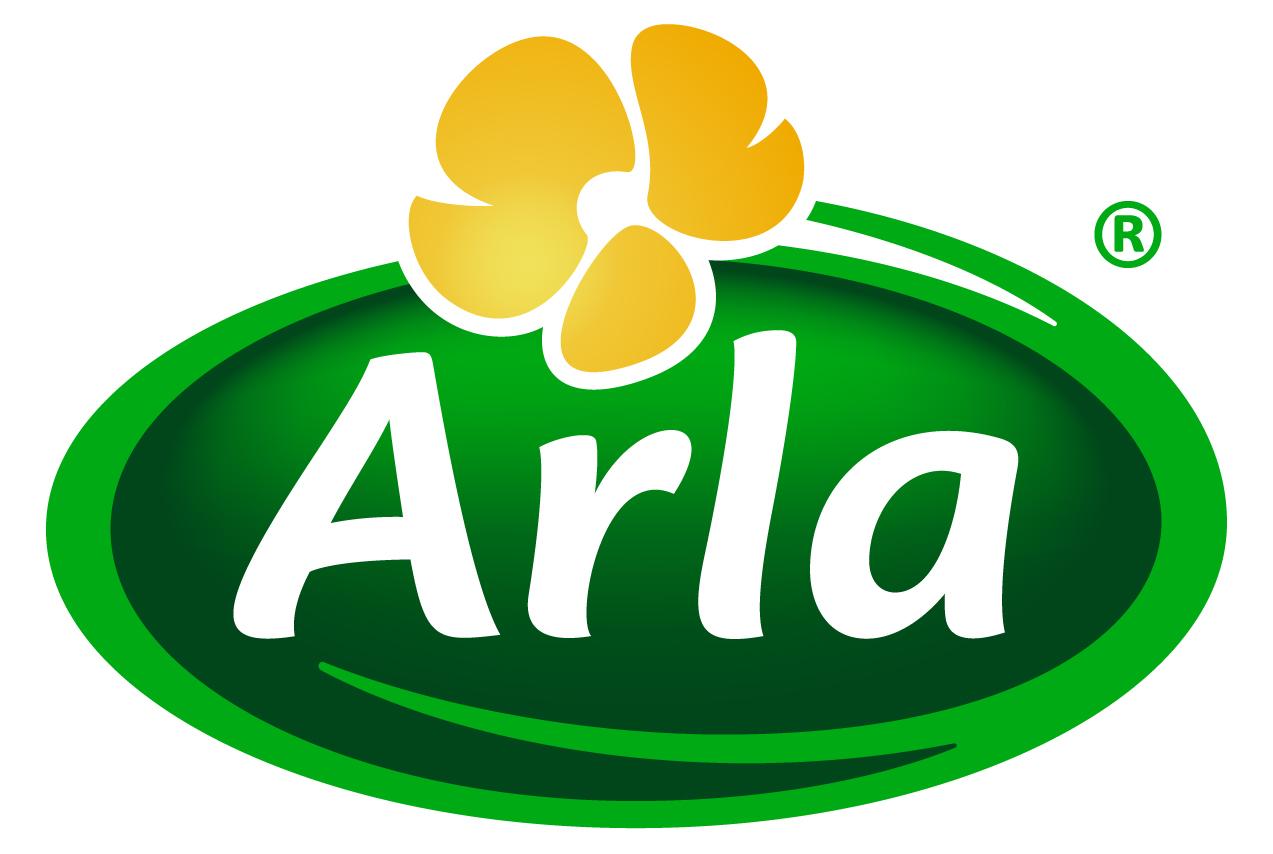
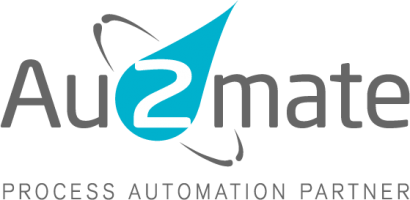
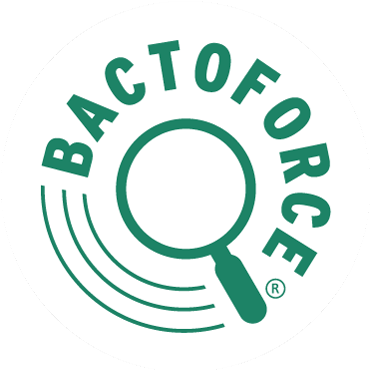

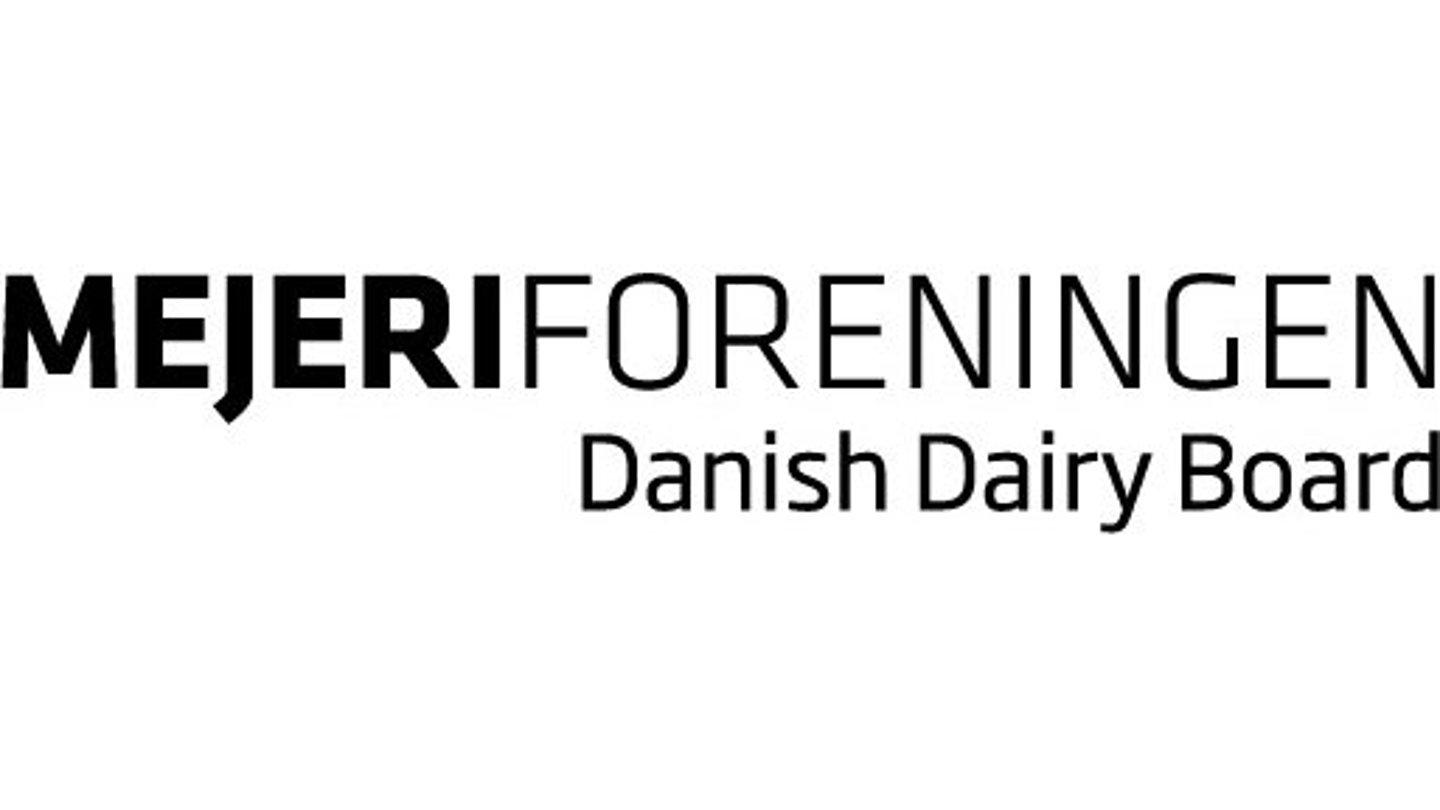
 Munkehatten 28
Munkehatten 28